
Stating low demand, the company is removing their ChAdOx1-S [recombinant] (Vaxzevria) vaccine from the market.

Stating low demand, the company is removing their ChAdOx1-S [recombinant] (Vaxzevria) vaccine from the market.
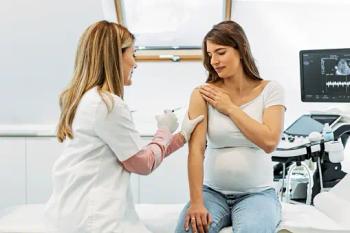
Insights from the Annual Conference on Vaccinology Research (ACVR) on vaccine registries and assessing the safety of maternal and fetal health.

The investigational vaccine, mRNA-1345, developed for seniors has its FDA PDUFA date in a few days.

Investigating the long-term efficacy beyond short-term benefits.

In patients with Clostridium difficile infection (CDI), ibezapolstat was shown to have similar results to a standard of care therapy.

Despite overall reductions, the elderly remain vulnerable to severe COVID-19 outcomes.
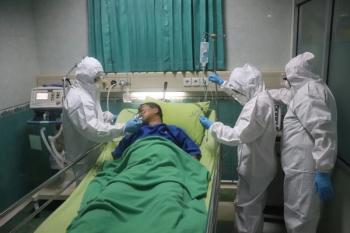
New data from a World Health Organization (WHO) repository illustrates the treatment challenges during the acute phase of the pandemic.

The accuracy of ICD-10 varied depending on the patient's age, how the influenza season was defined, the time interval between symptom onset and testing, and the clinical setting.

Spare use of carbapenem-sparing regimens reflects practice lagging behind guidance, among the challenges in implementing antimicrobial stewardship.

The Department of Agriculture has initiated proactive measures, collaborating with federal agencies, to ensure the safety of the nation's meat supply.

According to the latest Centers for Disease Control and Prevention (CDC) data, these strains have increased in incidence rates, and now account for nearly a third of all US cases.
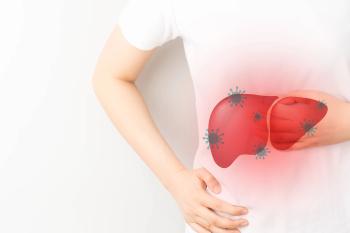
Analysis reveals rising hospitalization rates among pregnant women with hepatitis C virus (HCV) and age as a critical factor influencing maternal and fetal health outcomes.

The modified difference-in-differences analysis found notable increases in DAA use after state Medicaid programs relaxed certain coverage restrictions.
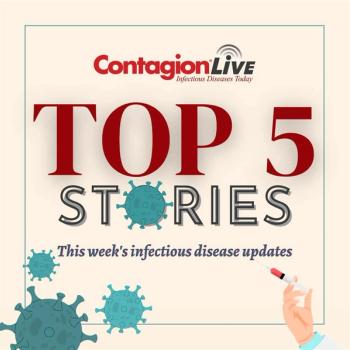
This week, April FDA roundup, ESCMID conference coverage, enhancing C difficile treatment, and more from Contagion.

Despite no reported cases of illness associated with the affected products, all retailers who received these items have been duly informed, and the recall is being conducted in coordination with the FDA.

Hospital grades released by Leapfrog reviews state and now metro areas for safety and patient satisfaction.

Detection of E coli bacteria and inorganic arsenic in these products raises significant health concerns.

In a new real-world study, Sanofi and AstraZeneca’s nirsevimab-alip (Beyfortus) demonstrated high efficacy against respiratory syncytial virus (RSV) lower respiratory tract disease (LRTD).
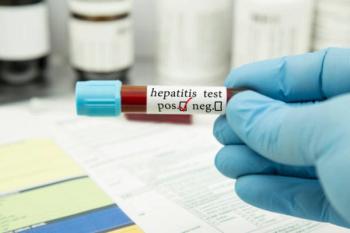
This study monitored viral load in asymptomatic blood donors, unveiling insights into the progression of HEV infections, vital for public health strategies.

Study reveals concerning trends from the mosquito-borne disease impacting Canada and the US.

A Centers for Disease Control and Prevention (CDC) investigator offers insights into their investigation of customers receiving vampire facials (a spa cosmetic procedure) and contracting the virus afterwards.

The INSPIRE trials find prompts within computerized provider ordering improves antibiotic utilization for pneumonia and urinary tract infections.

The Food and Drug Administration (FDA) in collaboration with the Centers for Disease Control and Prevention (CDC) and state and local health partners, are investigating a multistate outbreak of E coli O157:H7 infections linked to organic walnuts.

Insights from Dr. Md Zahidul Alam on treatments and prevention strategies for C difficile infection (CDI), supported by the CDC's recent study on CDI management in healthcare settings.

A study underscores the microbial etiology of septic arthritis, which can guide clinicians in minimizing the use of overly broad empiric antibiotics.

A study presented at ESCMID examines the efficacy and safety of the vaccine in older populations.

Check out the latest studies, management strategies, patient advocacy, and other important news involving this condition.

FDA-approves mpox vaccine, FDA grants EUA for at-home multiplex papid test, FDA grants PDUFA for GSK 5-in-1 meningococcal vaccine, and more this month from the FDA.

A study presented at ESCMID aims to understand ribotype 955 as a new challenge in C difficile management.

This cephalosporin antibiotic was examined against colistin-susceptible gram-negative infections.